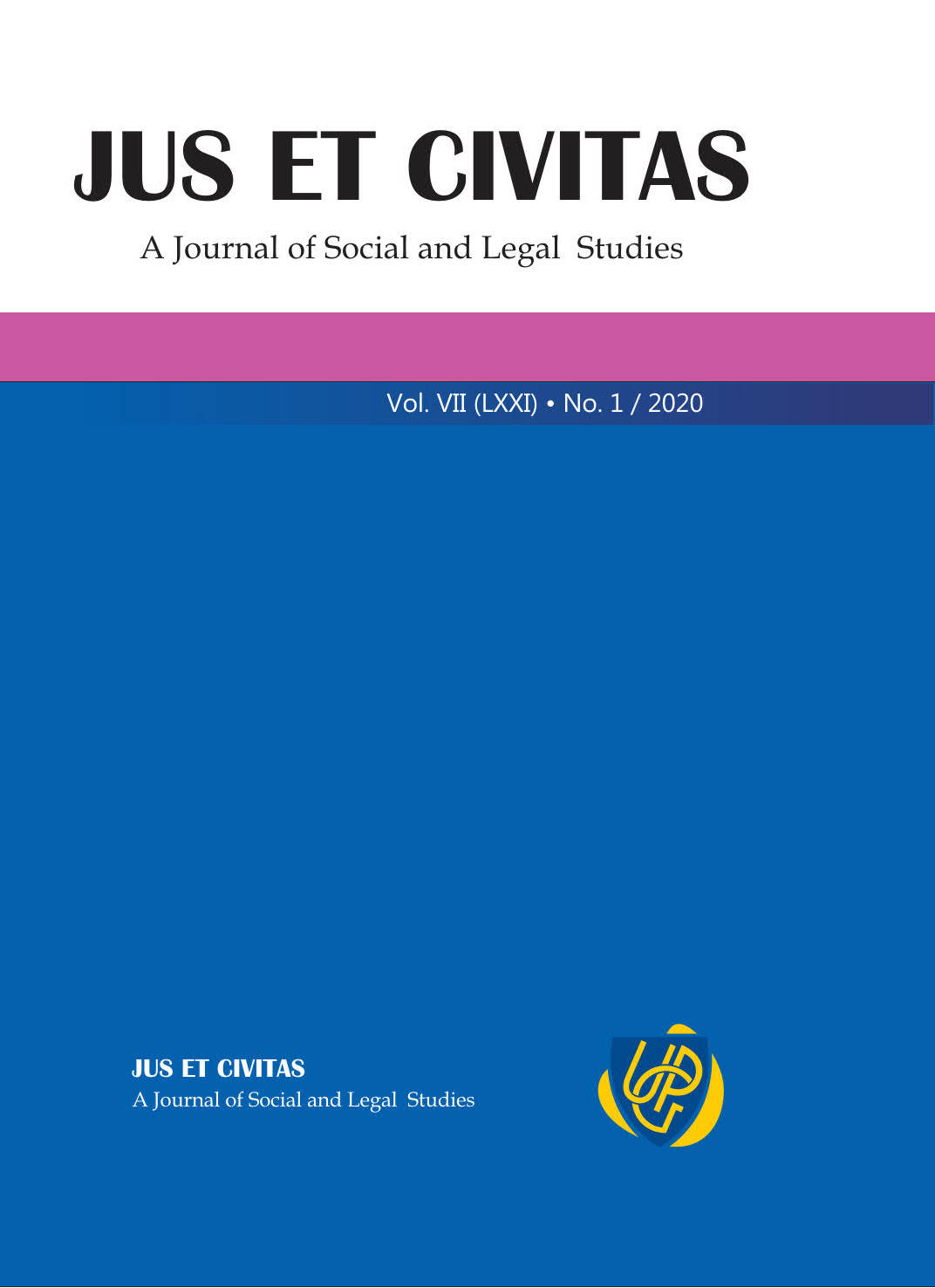GERMANY’S RESPONSE TO THE COVID-19 PANDEMIC – A REVIEW OF THE MAIN LEGAL SOURCES, THEIR APPLICATION AND LEGAL QUESTIONS DERIVING THEREFROM
GERMANY’S RESPONSE TO THE COVID-19 PANDEMIC – A REVIEW OF THE MAIN LEGAL SOURCES, THEIR APPLICATION AND LEGAL QUESTIONS DERIVING THEREFROM
Author(s): Renate PenßelSubject(s): Constitutional Law, Civil Law, International Law, Human Rights and Humanitarian Law, Sociology of Law, Administrative Law, Labour and Social Security Law
Published by: Editura Universitatii Petrol-Gaze din Ploiesti
Keywords: Germany; German law; infectious disease; coronavirus; SARS-CoV-2; COVID-19; state of emergency; disaster;
Summary/Abstract: The Federal Republic of Germany and its Länder responded to the uncontrolled spread of COVID-19 in March 2020 by ordering the most severe encroachments on fundamental rights in their previous history (like the prohibition of all events and gatherings of people, the closure of community and recreational facilities, of gastronomy and most shops, partially even a general curfew). The debate about the legality of these measures lead to a parliamentary reversion of their legal basis, the general clause for measures to fight an infectious disease, included in the “Protection against Infection Act”. This article examines how this general clause and other provisions in German law have been developed and applied during the course of the crisis in order to obtain control over the spread of COIVD-19. It reflects the conformity of these developments and application with the requirements of the German constitution (especially with the guarantee of fundamental rights, the rule of law and the requirement of democratic legitimation) and documents, how they have been reviewed by jurisdiction up to now.
- Issue Year: LXXI/2020
- Issue No: 1
- Page Range: 1-12
- Page Count: 12
- Language: English

